By Alison Ascher WebberIn the closing speech at COABE 2017, XPRIZE Foundation CEO Marcus Shingles gave a wake-up call to adult educators warning that the Fourth Industrial Revolution will change learning at speeds and in ways we could never imagine.
Showing a chart similar to Ray Kurzweil’s on the growth of computing, he illustrated how digital technologies develop exponentially.
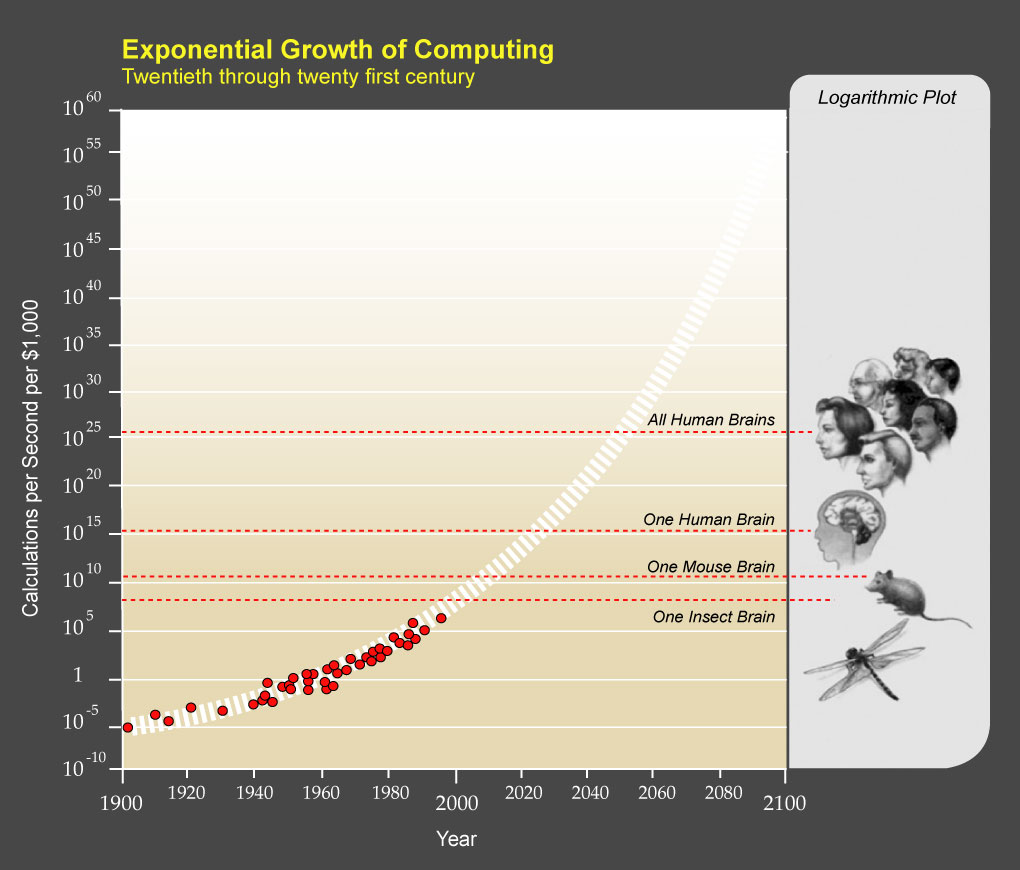
How can we as educators even start to imagine ways to incorporate such computational power into our teaching? This morning I’ve just begun processing how we might use the new Augmented Reality tools Facebook announced today for our phones – and eventually to be projected onto our glasses and retinas. Increasingly, this computing power will merge with other technologies such as nanotechnology, robotics, and genomics, and eventually even merge into our own bodies. Technology will dramatically change what we and our students do (our work) as well as who we are (our identities).
A bit shaken by Marcus’ speech, I checked in with Shlomy Kattan, leader of the The Barbara Bush Foundation Adult Literacy XPRIZE, an app development competition for literacy instruction. I asked what he would say to me and other adult educators feeling overwhelmed. He responded, “Rather than being terrified and frozen by the speed and scale at which technology will change education, we can take action to harness these exponential technologies for the social good – to increase access to education and accelerate learning for the world’s most vulnerable populations.”
Shlomy’s call to action proved comforting to me – perhaps because it aligns so much with the mission of our EdTech Center at World Education. It also addressed the biggest needs I see in our field – to extend learning to those we currently don’t serve and improve learning, opportunities and outcomes for those we do.
But perhaps most reassuring was the optimism he and Marcus shared after meeting adult educators from all over the country at COABE. They both felt that the fact that new technologies have not yet made their way into many adult education classrooms doesn’t mean that adult educators don’t have what it takes to harness their power. On the contrary, they were impressed with adult educators’ openness and creativity.
Again Shlomy’s words gave me comfort. He is right. We do adapt constantly. We use our creativity daily to meet the unique and changing needs of each of our students. We adjust to the shifting needs of our communities. And technology can enable us to do this even better.
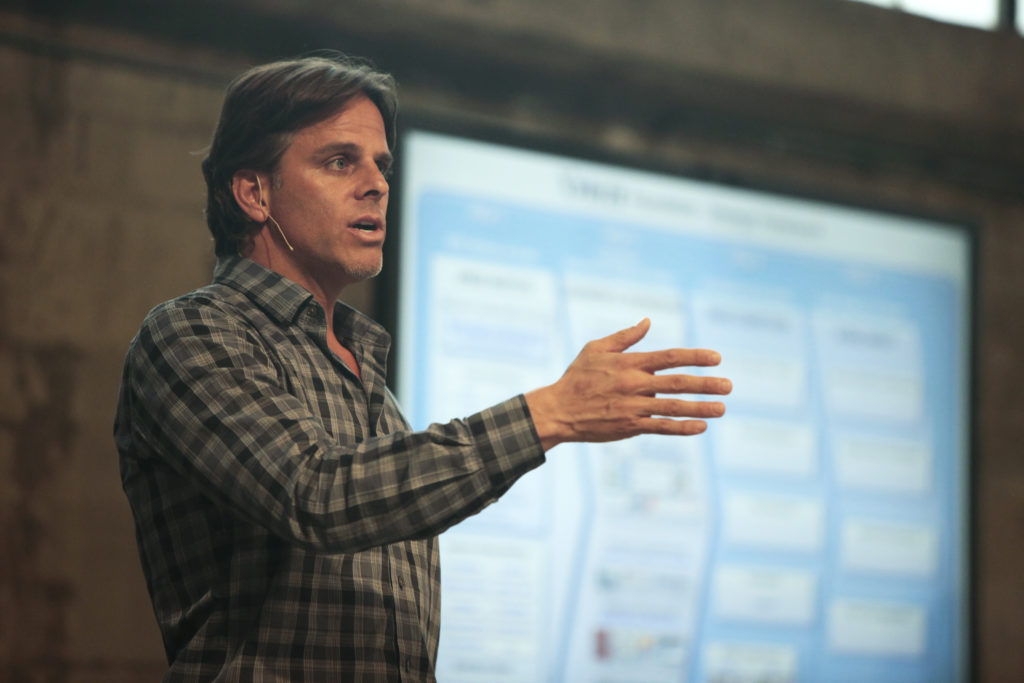
It is an exciting time to be an adult educator. There are few things about which we can be certain, but one is that we’ve got a wild road ahead. We’re going to need the collective power of all of our minds to help navigate the upcoming speeds, curves and bumps. Now more than ever we need to collaborate and advocate to ensure new technologies help close skills and other divides rather than deepen them. Please share with us at the EdTech Center your successes and failures, your ideas and concerns, and opportunities for advocacy in leveraging new technologies to advance adult learning.
Alison Ascher Webber develops and leads innovative projects for the EdTech Center, including advising the new Employment Technology Fund and leading its field testing. She also manages the Mobile Up! Project bringing mobile learning and career coaching to low-wage immigrant service workers.

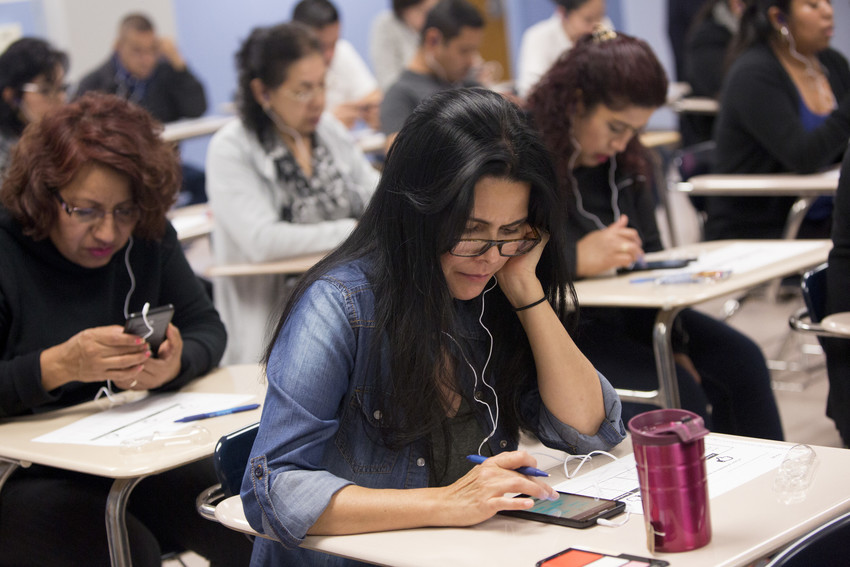
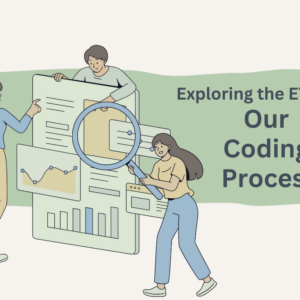
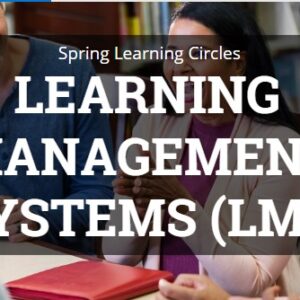
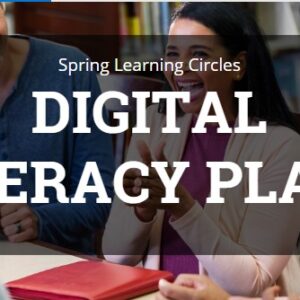
1 Comment.
It was a pleasure to have the discussion with this group of educators. Coming from a family of educators, I respect all that you do.